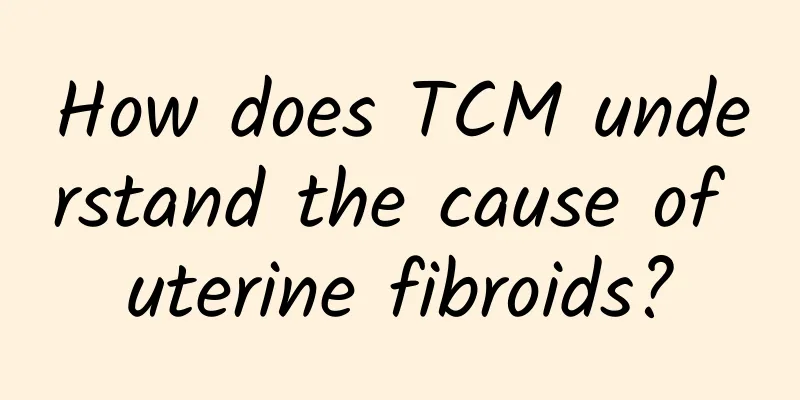What are the causes of infertility after miscarriage? How to avoid it?

|
The reason for female infertility after abortion may be that the endometrium is damaged during curettage and aspiration, which in turn induces intrauterine adhesions and fluid accumulation. In addition, if inflammatory infection occurs, it can also cause women to suffer from fallopian tube diseases. Frequent miscarriages can also induce habitual miscarriages, making it difficult to conceive. If a woman who is not planning to get pregnant does not take good contraceptive measures, there is a high possibility of an unexpected pregnancy. At this time, medical abortion or artificial abortion is usually used to terminate the pregnancy. Regardless of the abortion method, postpartum care is very important, otherwise it may lead to infertility. What are the specific causes of infertility after abortion? |
<<: What are the symptoms of miscarriage and how to prevent it?
Recommend
Frequent abortions increase the chances of disease
The more times abortions are performed, the more ...
A man weighed over 100 kg and lost 31 kg in 3 months! Double-channel gastric bypass surgery fulfills Polyx's dream
Successful weight loss can make a lifelong dream ...
What is the reason for prolonged menstruation?
What is the reason for prolonged menstruation? Pr...
The clinical etiology of pelvic inflammatory disease is inseparable from postoperative infection
It is very important to firmly grasp the cause of...
Detailed explanation of the harmfulness of pelvic inflammatory disease
Pelvic inflammatory disease is a common gynecolog...
Should leftover steamed buns and bread be refrigerated? Or leave it at room temperature? Experts reveal: the culprit of starch aging
Steamed buns and bread are not only delicious, bu...
Explain the main symptoms of cervical hypertrophy
Cervical hypertrophy is the main manifestation of...
The key to treating dysmenorrhea is to find the cause
The cause of dysmenorrhea is very important in cl...
What are the dangers of irregular menstruation?
Every woman has her menstrual period once a month...
Is it normal to have menstruation 50 days after miscarriage?
Is it normal to have menstruation 50 days after m...
What to do if chocolate cyst occurs
What should I do when chocolate cysts occur? As a...
A review of the causes of threatened abortion
Only the health of pregnant women can ensure the ...
Patients with cervicitis should always pay attention to early symptoms
Nowadays, cervicitis is a common disease among wo...
White patches are typical symptoms of vulvar leukoplakia
Vulvar leukoplakia can cause great harm to female...
At what age do women usually experience amenorrhea?
Women have menstruation every month, but they onl...









